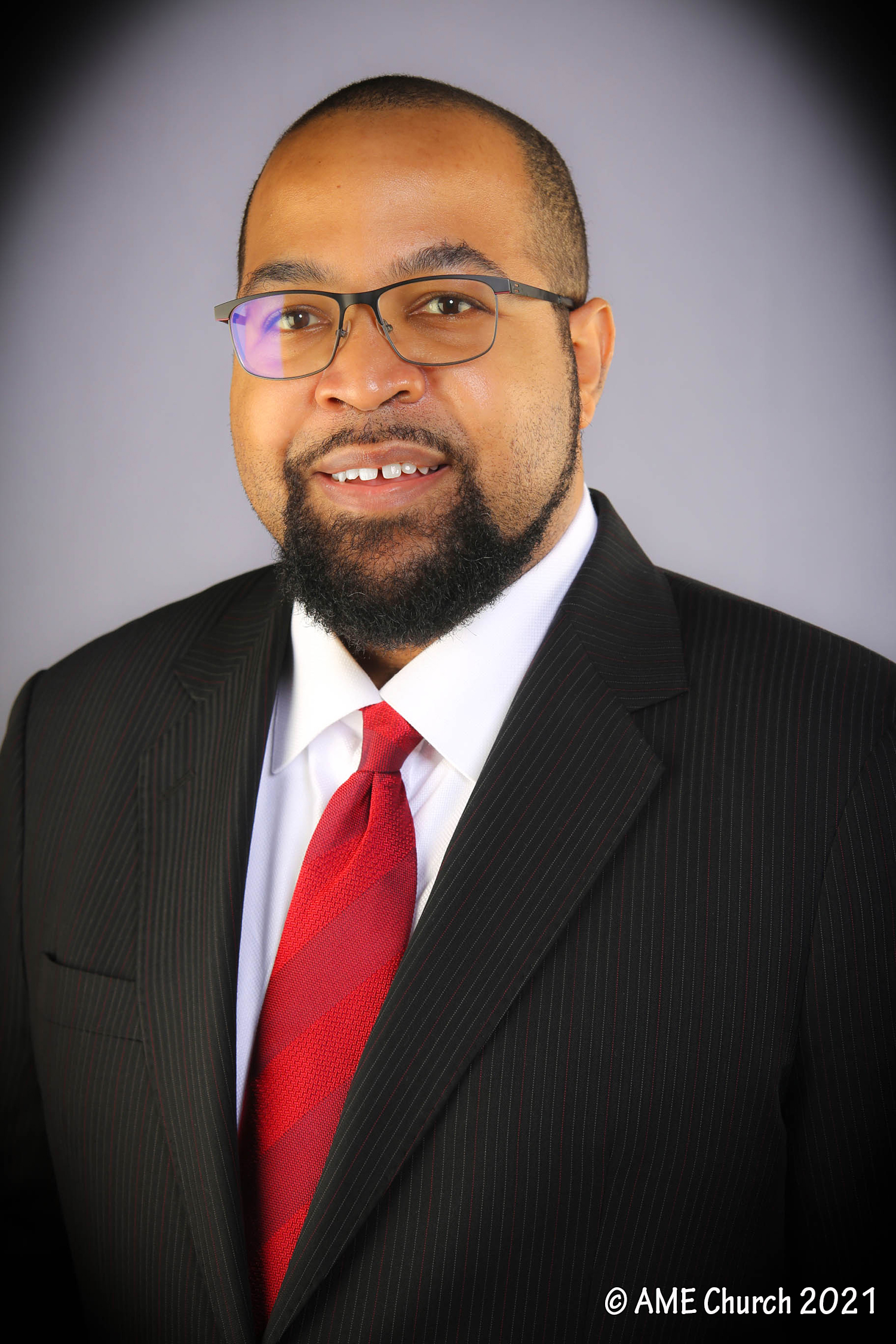John Thomas III, PhD, Editor
Within the last five months, I have had the unique privilege of seeing President Biden in person twice at major speeches. In January, I heard his speech from the pulpit of Mother Emanuel, beckoning those assembled to join him in his fight for democracy in the United States. Last month, I participated in my 20th reunion at Morehouse College. I heard President Biden, as the commencement speaker, extol the attributes of Morehouse Men while reminding the audience of the policy gains that African Americans have achieved during his administration.
It was one thing to be in the space, but quite another to read the spin from the punditry and horse race coverage that occurs during Presidential political campaigns. When I watched how commentators discussed Biden’s speech at Mother Emanuel, I wondered if we had watched different events. Attention was placed on the supposed desecration of a pulpit and the memory of the Emanuel Nine as well as support of the genocidal acts in Gaza by the United States government. Less attention was paid to how the attendees felt or the words that were said. Many commentators missed the AME legacy of political engagement or misconstrued Biden’s presence for AME Church approval of US Policy towards the conflict in the Gaza Strip. The AME Church spoke for itself when the Council of Bishops issued a statement in February calling for a cease-fire and an end to US military aid to Israel. The statement by the Council of Bishops complicated the simplistic narrative and prompted many to reevaluate what they thought they understood about the AME Church.
When I learned that President Biden would speaking for my alma mater’s commencement ceremony, I was ambivalent. On the one hand, I knew it was an important symbol that a small HBCU could attract the President of the United States. On the other hand, I was concerned that the attention would detract from the graduates’ achievements. The nation was already wracked with protests across multiple college campuses regarding the continued backing of the Netanyahu regime by the United States, and at least two commencement exercises had been completely canceled. As I participated in the alumni line processional during the commencement, I noticed the Palestinian flags and keffiyehs that adorned many students. The valedictorian’s speech ended with a rebuke of the current administration’s policy. When President Biden began to speak, two professors unfurled the flag of the Democratic Republic of the Congo behind him with a smaller sign stating, “Divest Now.” None of the graduates stood to receive President Biden, and several students turned their backs. I learned later that the students had been threatened by Morehouse’s President that any outburst would lead to the cancellation of the commencement—so the students protested silently. To me, Biden’s remarks were an appropriate mix of campaign rhetoric and celebration of the unique achievement of a class of Black male college graduates. When Biden closed, the applause was muted, but I noticed several students had visibly softened their stance. I asked one of them his thoughts, and he said he was more upset with Morehouse’s reaction than the President’s words. When I looked at the news media coverage of the day, it was clear that Biden’s reception was not what was expected, and the lack of an outright protest made the day’s events less interesting.
In Biden’s speeches at Mother Emanuel and Morehouse College, I saw a President of the United States trying to convince those assembled that American Democracy is in danger. African Americans know well that democracy in the United States has worked unevenly for us, and we are in a period where supposedly settled questions, from reproductive rights to affirmative action, are being attacked and rolled back. Against this backdrop, a narrative is being told of disenchanted Black voters beginning to leave Biden and either migrate to his opponent or not vote at all. As a journalist and a political scientist, I personally abhor simple narratives without nuance. Anyone who has spent time at a cookout, barbershop, beauty salon, or Sunday brunch will hear lively discussions from Black people who are politically engaged yet grappling with their thoughts regarding American democracy. I encourage those who read this piece not to believe the hype of the narratives but to diligently seek the truth and decide how to participate in democracy by voting and other ways. We must move past narratives constructed for us and make our own stories. Likewise, we should not wait on spectators to tell our stories for us—because one thing we know is that they will never tell it all as they should.





